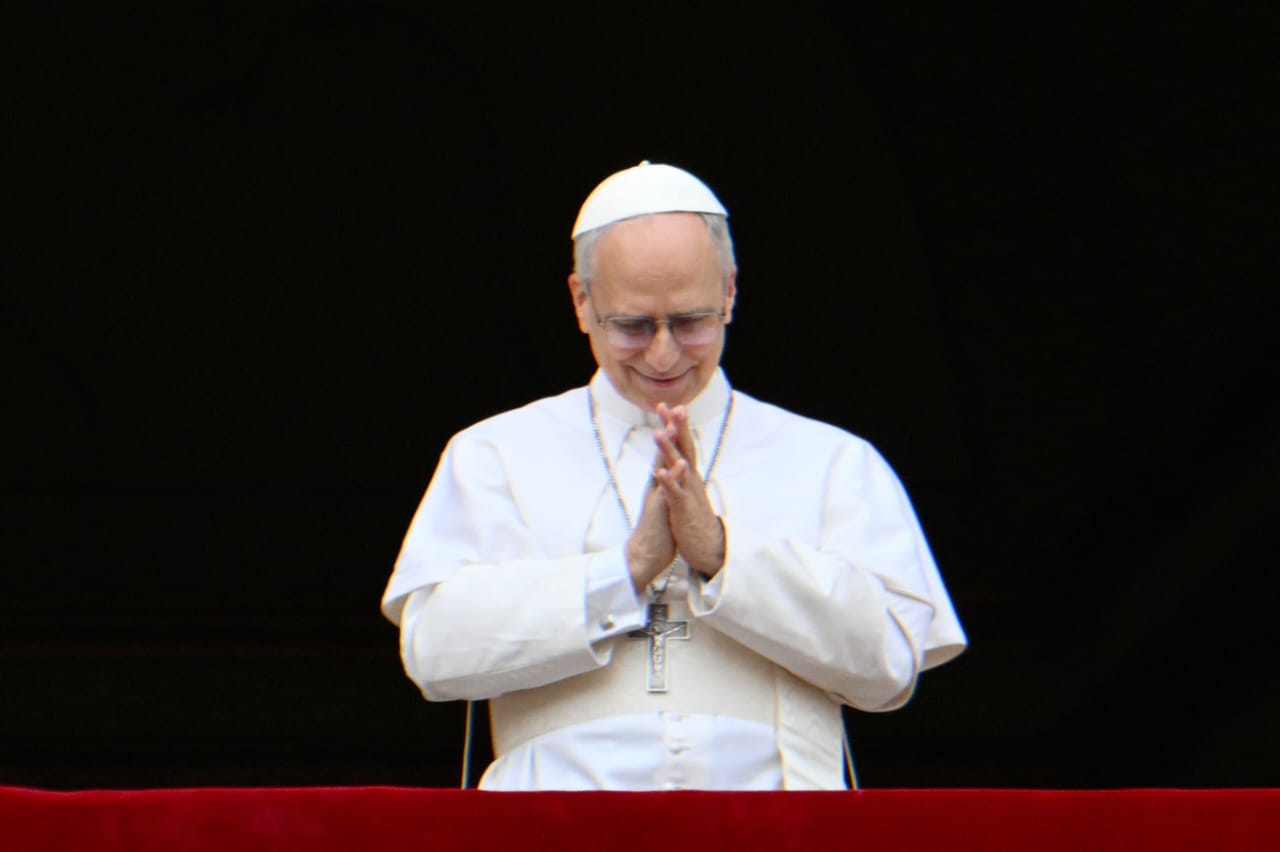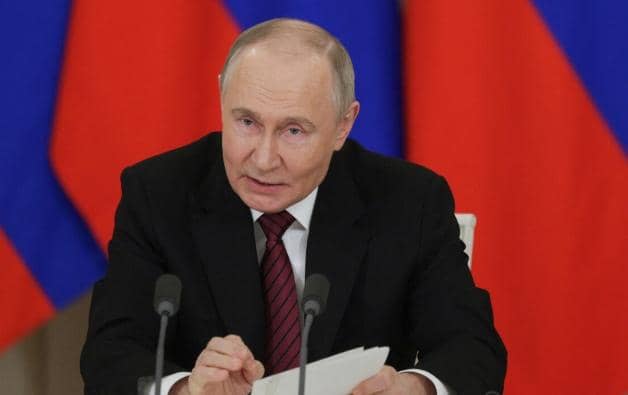Cape Town – South African Finance Minister Trevor Manuel has sent a strong message to the country that, while the economy would be battered by the global economic storm, sound fiscal policies over the past 14 years meant it would withstand the turbulence.
Delivering his medium-term budget policy statement in Parliament on Tuesday, Manuel said South Africa could not avoid being affected: “The storm has arrived … it is fiercer than anyone could have imagined and its course cannot be predicted. “But we saw the signs early, and we took appropriate action.We can say to our people: Liduduma lidlule! [The thunder will pass].”However, he warned that slower global growth for several years would hit South Africa’s export earnings and make it more difficult – and costly – for government to finance its massive infrastructure spending plans, including Eskom’s building programme.Manuel announced an additional spend of R171 billion on top of February’s budget plans – which will take total proposed spending over the next three years to R2.4 trillion.This includes R59bn to offset the ravages of inflation on salaries, social grants, fuel and capital projects and other costs caused by inflation.Revising the country’s growth prospects down to 3,7 per cent from his February budget forecast of 4 per cent, Manuel said he expected it to drop further to 3 per cent next year – with only a moderate improvement in 2010 and beyond “as the global economy begins to recover”.Manuel made it clear inflation targeting would remain: he expected inflation to fall this year due to falling oil prices and a slower rate of increase in the cost of food – and come back within the 3 per cent to 6 per cent target band towards the end of next year.Manuel said he was aware policy decisions had at times been controversial: “But if our economic policies were designed for their populist appeal, if we tried to finance everything, at once, for everybody, then short-term gains would quickly give way to long-term misery.”He expected to post a budget deficit of 1,6 per cent next year – due to a decrease in tax revenue as a result of the economy slowing.But he said South Africa’s low exposure to foreign debt and prudent fiscal policy allowed for room to adjust policies to cushion the economy against the worst effects of what he called the “destructive implosion of global financial markets”.”Our finances are in order, our banks are sound, our investment plans are in place, our course is firmly directed at our long-term growth and development challenges.””But we saw the signs early, and we took appropriate action.We can say to our people: Liduduma lidlule! [The thunder will pass].”However, he warned that slower global growth for several years would hit South Africa’s export earnings and make it more difficult – and costly – for government to finance its massive infrastructure spending plans, including Eskom’s building programme.Manuel announced an additional spend of R171 billion on top of February’s budget plans – which will take total proposed spending over the next three years to R2.4 trillion.This includes R59bn to offset the ravages of inflation on salaries, social grants, fuel and capital projects and other costs caused by inflation.Revising the country’s growth prospects down to 3,7 per cent from his February budget forecast of 4 per cent, Manuel said he expected it to drop further to 3 per cent next year – with only a moderate improvement in 2010 and beyond “as the global economy begins to recover”.Manuel made it clear inflation targeting would remain: he expected inflation to fall this year due to falling oil prices and a slower rate of increase in the cost of food – and come back within the 3 per cent to 6 per cent target band towards the end of next year.Manuel said he was aware policy decisions had at times been controversial: “But if our economic policies were designed for their populist appeal, if we tried to finance everything, at once, for everybody, then short-term gains would quickly give way to long-term misery.”He expected to post a budget deficit of 1,6 per cent next year – due to a decrease in tax revenue as a result of the economy slowing.But he said South Africa’s low exposure to foreign debt and prudent fiscal policy allowed for room to adjust policies to cushion the economy against the worst effects of what he called the “destructive implosion of global financial markets”.”Our finances are in order, our banks are sound, our investment plans are in place, our course is firmly directed at our long-term growth and development challenges.”
Stay informed with The Namibian – your source for credible journalism. Get in-depth reporting and opinions for
only N$85 a month. Invest in journalism, invest in democracy –
Subscribe Now!










